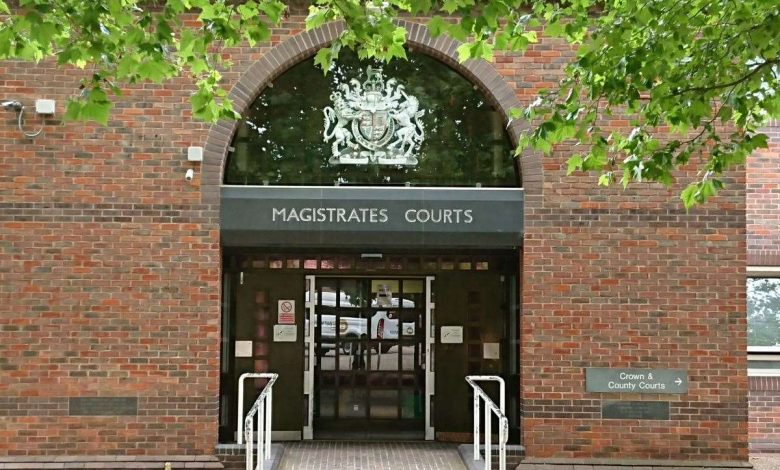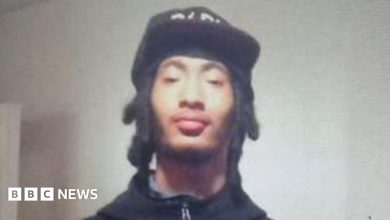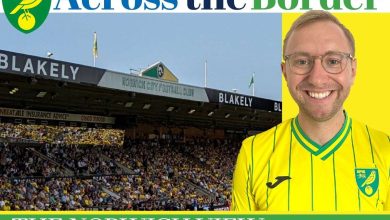Men due in court today over using counterfeit notes in Hunstanton shops last summer

Counterfeit Currency Scheme Targets Norfolk Businesses
Two Leicester men are facing serious charges after allegedly using counterfeit currency at numerous businesses throughout Norfolk county last summer. David McCarthy, 29, of Goodwood Road and Wesley Faver, 25, of Langley Gardens, have been charged with multiple counts of passing counterfeit notes as genuine, affecting over 20 establishments during August and September of last year. The case highlights the vulnerability of local businesses to such schemes, with the accused due to appear at Norwich Magistrates’ Court today to face these allegations.
The counterfeit operation particularly targeted the coastal town of Hunstanton, where numerous unsuspecting businesses fell victim to the fraudulent scheme. What makes this case particularly troubling is the range of establishments affected – from charity shops operating on tight margins to serve their communities, to local pharmacies providing essential healthcare services, family-run butcher shops, and even larger supermarkets. This broad targeting suggests the operation was not discriminating in its victims but rather attempting to spread the counterfeit notes across multiple businesses, perhaps to avoid detection by not concentrating their activities in one location or type of establishment.
Each of the accused men faces 20 separate counts of passing counterfeit notes as genuine, indicating the systematic nature of the alleged operation. While the exact denomination of the counterfeit currency hasn’t been specified in reports, such schemes typically involve passing fake higher-value notes to receive legitimate currency as change, effectively converting worthless paper into real money at the expense of unsuspecting shopkeepers. For small businesses and charitable organizations operating with minimal profit margins, even a single instance of accepting counterfeit currency can represent a significant financial loss, making this type of crime particularly harmful to local economies.
Counterfeit currency schemes like the one alleged here often target smaller businesses and establishments where staff may be less trained in identifying fake notes or where security measures might be less robust compared to larger financial institutions. Charity shops, which frequently rely on volunteer staff, can be especially vulnerable. Similarly, busy retail environments like pharmacies, butchers, and supermarkets where transactions happen quickly provide opportunities for counterfeiters to pass fake notes without thorough examination. The geographic spread of the alleged crimes across Norfolk county suggests a deliberate strategy to avoid establishing a pattern that might alert local businesses or law enforcement.
The case represents a significant challenge for local law enforcement, who must trace the origin of the counterfeit notes and establish a chain of evidence linking the suspects to each individual incident. With 20 separate counts against each defendant, investigators have likely gathered substantial evidence including possible CCTV footage, witness statements from shop workers, and perhaps physical evidence of the counterfeit currency itself. The fact that the alleged perpetrators come from Leicester, approximately 100 miles from the Norfolk coastal areas targeted, adds another dimension to the investigation, suggesting this may have been a planned criminal enterprise rather than opportunistic local crime.
Today’s court appearance at Norwich Magistrates’ Court marks the beginning of legal proceedings that will determine whether McCarthy and Faver will face trial for these serious allegations. If convicted, the defendants could face significant penalties, as counterfeiting offenses are treated seriously under UK law due to their potential to undermine economic stability and public confidence in currency. Meanwhile, this case serves as a reminder for businesses throughout Norfolk and beyond to remain vigilant about currency authentication, particularly during busy periods when rushed transactions might make detection of counterfeit notes more challenging. For the affected businesses, especially the charity shops operating on limited resources, the hope for justice will be accompanied by a desire to recover their losses and prevent similar schemes in the future.








